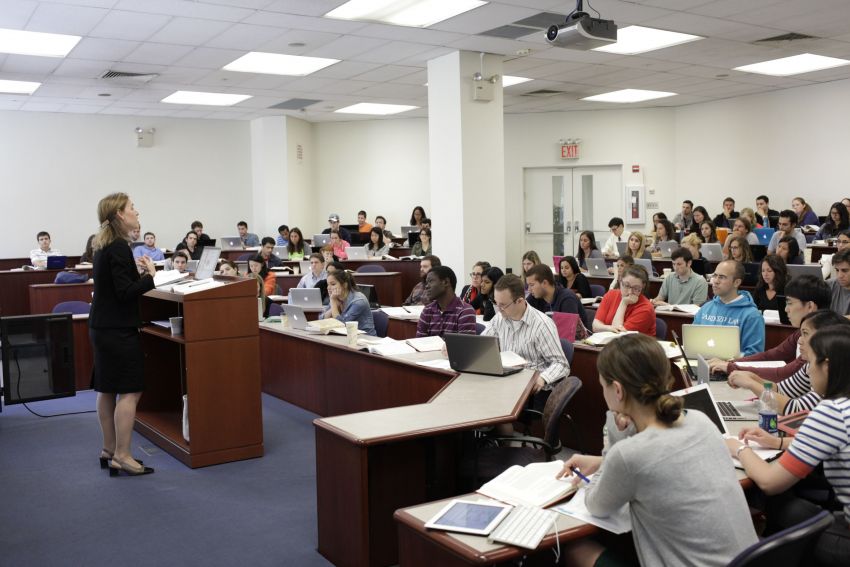
The Cardozo Law Institute in Holocaust and Human Rights (CLIHHR) has just released a downloadable Teaching Guide on the Reasonable Person Standard, a flexible, free resource that can be adapted for introductory courses or upper-level seminars, class discussions, exam materials and more. It helps students understand what the “reasonable person” standard is in U.S. criminal law as it relates to the establishment of particular defenses.
Specifically, the module intends to critically question what “reasonableness” means, and how the implied notion of “objectivity” excludes segments of society and certain identity groups at the outset, while accounting for historical and present violence and inequalities. The module deconstructs implicit notions on gender, race and disability in the reasonable person standard as it is applied to self-defense and policing. Legal educators across the country can access the guide to incorporate its lessons into their courses.
This module joins 11 others in the Confronting Structural Violence: Law Teaching Guides project, which includes guides covering constitutional law, international law, criminal law, corporations and IP. The guides are open access course resources for professors to incorporate today’s legal issues into the courses they teach, tapping into students’ passions while training them to recognize and respond to structural violence and human and civil rights violations across practice areas.
Using this law teaching guide enables students to:
1. Understand the emergence and context of the “reasonable person” standard in criminal law against the background of structural inequalities, such as those based on gender, race, and disability.
2. Contemplate the broader implications for subjective versus objective determinations of “reasonableness.”
3. Problematize the “reasonable person” standard as applied in self-defense arguments.
4. Understand different interpretations of the “reasonable person” standard and these interpretations’ roles in discussions about use of force, including deadly force.
Professor Jocelyn Getgen Kestenbaum, Director, Benjamin B. Ferencz Human Rights and Atrocity Prevention Clinic and Faculty Director, Cardozo Law Institute in Holocaust and Human Rights, said, “My hope in sharing this is to help law faculty bring into lectures rich discussions about the role that the law and lawyers can play to prevent systematic discrimination and violence."
